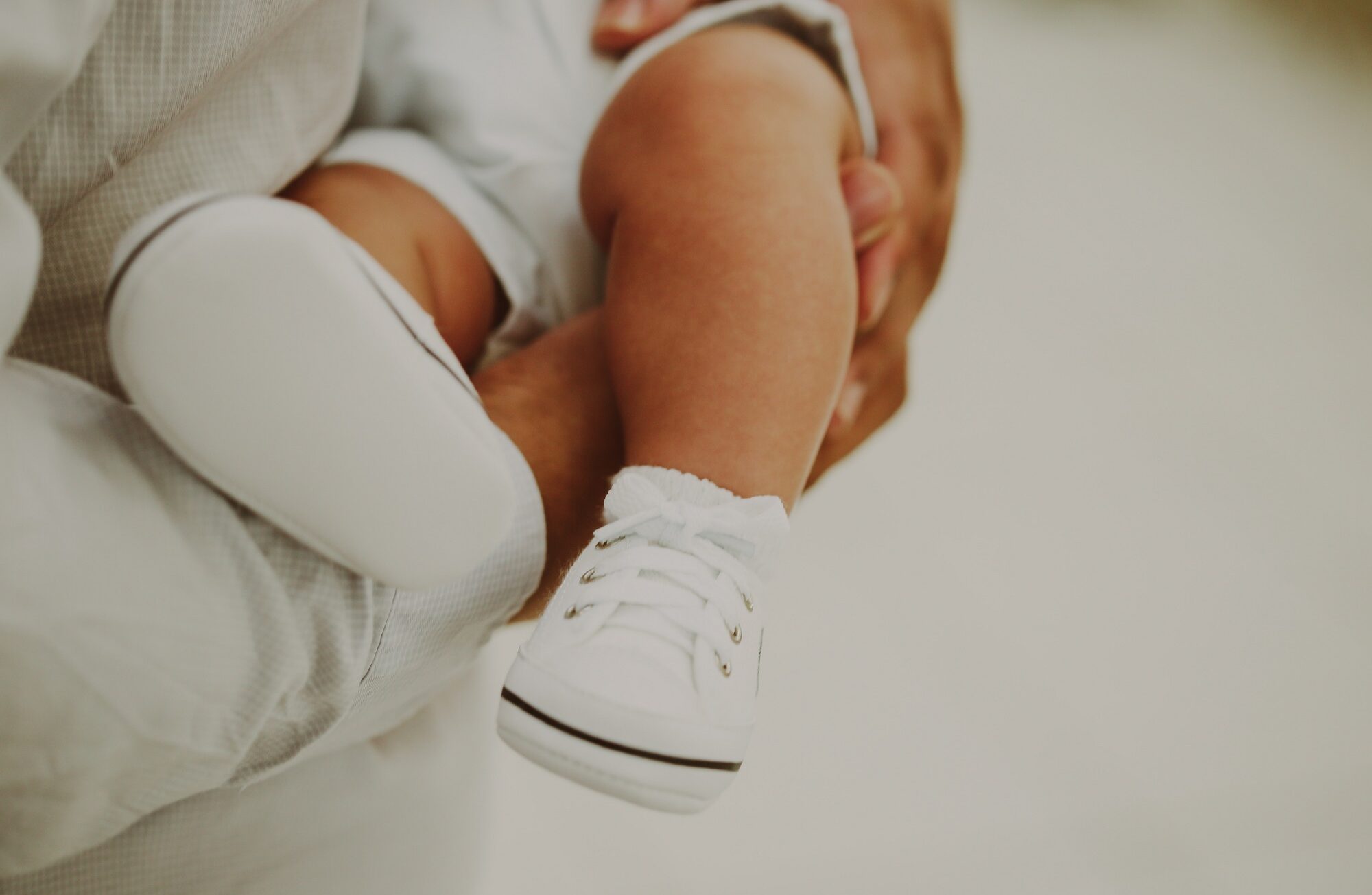Maternity allowance is a benefit specifically for those who don’t meet the eligibility requirements for Statutory Maternity Pay, including the self-employed this may include locum GPs and dental associates.
There are two main rates of Maternity Allowance: full rate and reduced rate. To qualify for either rate of Maternity Allowance, you must first meet the following criteria during the 66 weeks before the baby’s due date:
- You must have been self-employed for a minimum of 26 weeks.
- Your earnings must be £30 a week or more for at least 13 weeks (the weeks don’t have to be consecutive).
Full-rate Maternity Allowance
To be eligible for the full Maternity Allowance as a self-employed person, you need to have paid Class 2 National Insurance for a minimum of 13 of the 66 weeks before your due date. You can check how much you’ve paid by logging into your HMRC account.
The full Maternity Allowance payment is £172.48 per week for 2023/24, or 90% of your average weekly earnings (whichever is less). You’ll receive these payments for a maximum of 39 weeks. You can file your claim for Maternity Allowance once you’ve been pregnant for 26 weeks, and the payments should start 11 weeks before your baby is due.
Reduced rate Maternity Allowance
If you haven’t paid enough Class 2 National Insurance for the full allowance, you might still be eligible for the reduced rate Maternity Allowance of £27 a week for up to 39 weeks. As with the full rate, these payments should start 11 weeks before your baby is due. The application process for both rates is the same, and you’ll find out if you’re eligible once your application has been processed.
It’s worth bearing in mind that you might still be able to claim the full rate of Maternity Allowance by making early National Insurance payments. HMRC will tell you how to do this when you make your claim, or you can call the HMRC self-employed National Insurance helpline on 0300 200 3500.
How to apply for Maternity Allowance
You can apply for Maternity Allowance through HMRC. You’ll need to download and print the MA1 form from their website and then return it via post, along with evidence of your baby’s due date.
If you are registered as self-employed and have made sufficient National Insurance contributions, you will be classed as having enough weekly earnings to receive full rate Maternity Allowance, and you shouldn’t have to submit proof of income.
What if you’re employed and self-employed?
You cannot claim maternity allowance from your self-employment as well as Statutory Maternity Pay (SMP) for an employed job. You can only claim maternity allowance if you are not entitled to any SMP.
If you are employed in one role and qualify for SMP, you can carry out self-employed work before and after the birth without it affecting your claim to SMP.
If you have any questions on the content in this article, please contact your usual BHP Healthcare contact.



